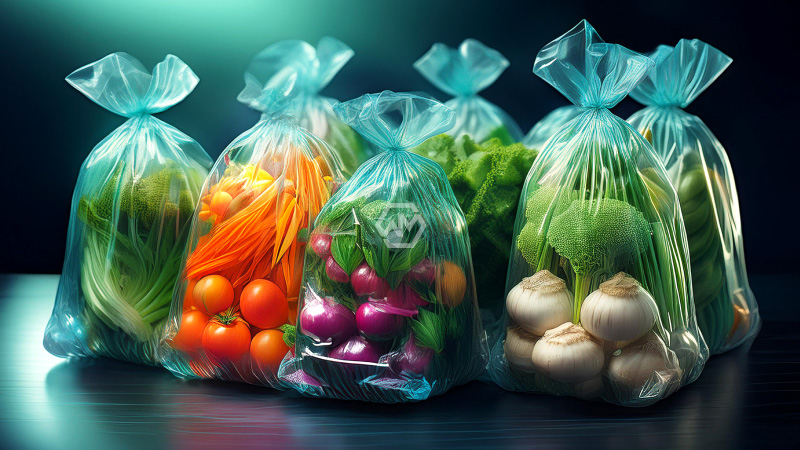- New research reveals plastic wrap on produce accelerates spoilage and increases microplastic exposure.
- Experts urge consumers to switch to sustainable storage solutions.
- Loose fruits and eco-friendly wraps are safer for health and the environment.
Plastic-wrapped fruits and vegetables might look fresher on store shelves, but recent studies show this packaging method may actually speed up decay. Instead of preserving freshness, plastic traps moisture and accelerates ripening, causing premature spoilage.
Beyond environmental damage, health concerns are on the rise. Studies indicate that even routine handling of plastic containers can release micro- and nanoplastics directly into food.
Wrapped in Waste: How Plastic Is Shortening the Life of Your Produce
The misconception that plastic wrapping extends produce life stems from outdated food preservation beliefs. While it may temporarily reduce bruising during transport, plastic film traps ethylene gas emitted by fruits, accelerating ripening. This leads to increased food waste, especially among consumers who buy in bulk based on packaging size rather than need.
Retailers often use plastic packaging to standardize quantities, but this practice encourages overconsumption and food loss. When shoppers are forced to buy more than required, the excess often spoils before consumption. Selling loose produce empowers consumers to buy exact amounts, reducing waste and promoting mindful shopping habits.
Sustainability advocates argue for the widespread adoption of alternative packaging methods. Options like mesh produce bags, silicone containers, and beeswax wraps not only cut plastic use but also keep food fresher through better air circulation. These reusable solutions are gaining traction in zero-waste communities and urban households alike.
Governments and environmental organizations are now pushing for policy changes to curb plastic use in the fresh food sector. In some countries, legislative bodies are proposing bans on plastic packaging for common fruits and vegetables. These efforts aim to reshape consumer habits while protecting long-term public health and the planet.
Moving away from plastic-wrapped produce isn’t just an environmental necessity—it’s a health-conscious choice. Shoppers can take the lead in embracing sustainable, smarter alternatives.
As environmentalist Jane Goodall once said, “You cannot get through a single day without having an impact on the world around you.” Choosing how we store our food is one such daily impact.



